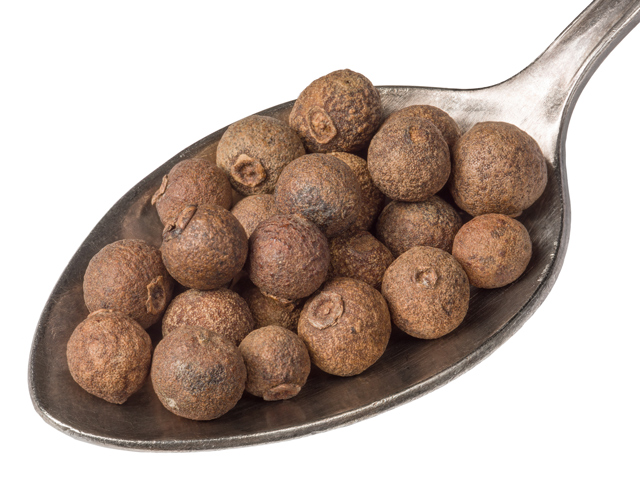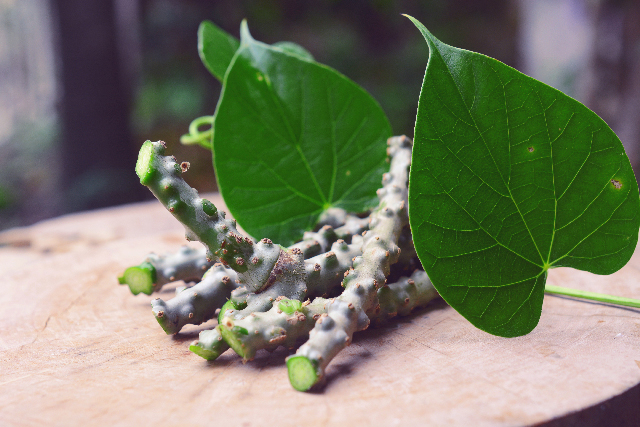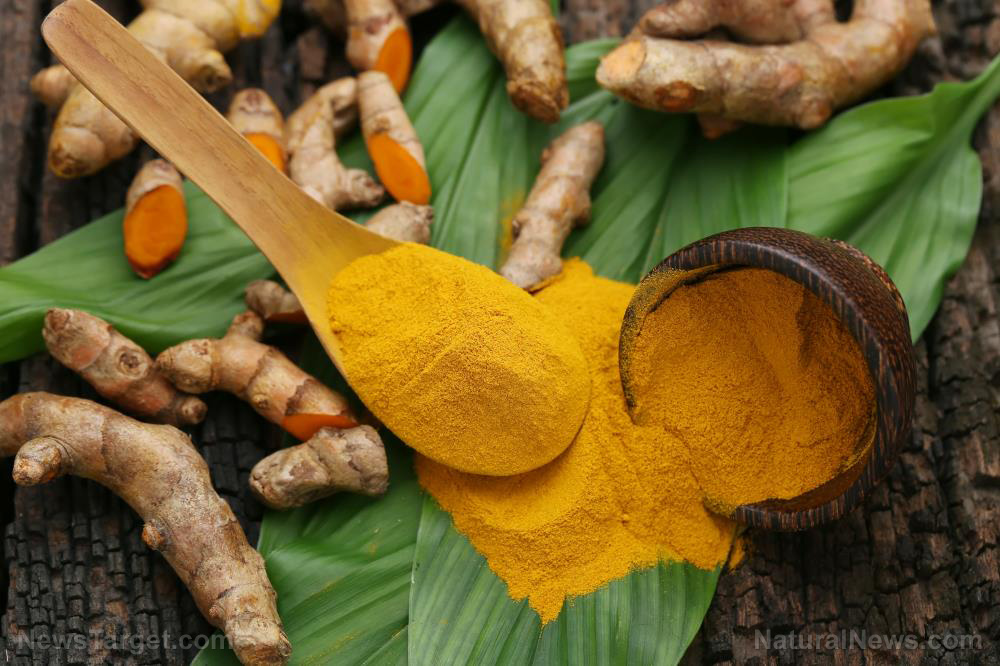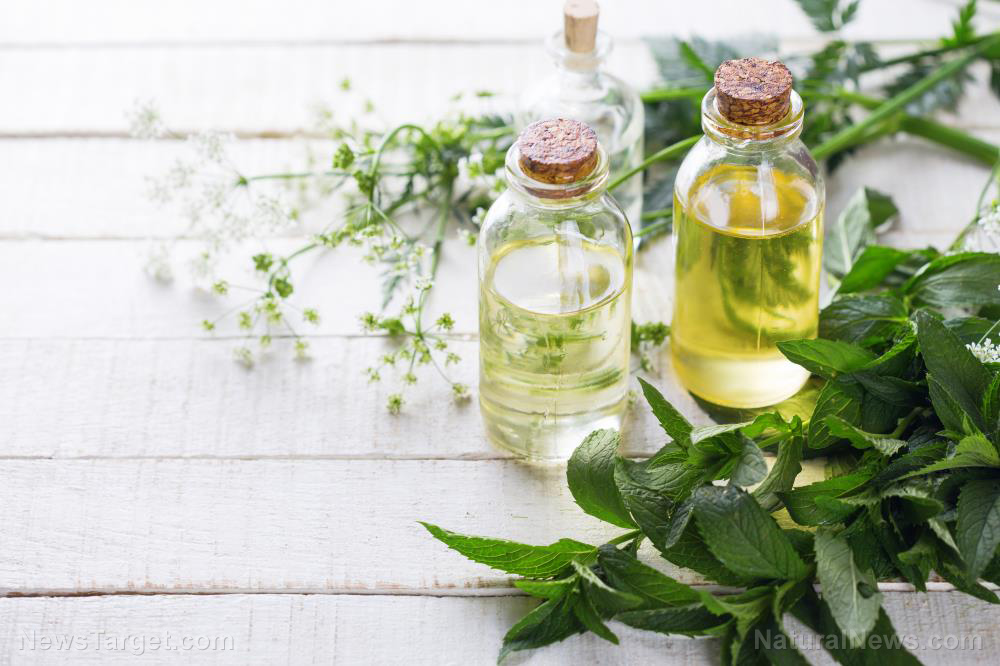Vitamin C is the safest and most effective way of eliminating the threat of sepsis
05/16/2019 / By Edsel Cook

Virginia-based researchers are urging people to increase their intakes of vitamin C to much higher levels than recommended by most health authorities. They say that vitamin C is the best way to deal with the deadly threat posed by sepsis.
Vitamin C is a strong antioxidant that bolsters the immune system and the general well-being of a person. Its many health benefits include fighting off infectious colds and influenza, improving the functions of the heart and blood vessels, and supporting the proper function of the skeletal, renal, and respiratory systems.
The vitamin is available in both natural food sources and health supplements. As such, vitamin C is very cheap and easy to obtain. It is also safe for most people to take.
In comparison, antibiotics and other pharmaceutical drugs are very expensive to manufacture. These synthetic substances are also much more likely to be partially or completely rejected by the bodies of the patients. The resulting side effects can be much more severe than the illness being targeted, especially over the long term. (Related: Can aloe vera be used to treat sepsis?)
High doses of vitamin C can prevent, treat, and reverse the spread of sepsis
Many studies identify vitamin C as an affordable and highly effective means of treating diseases stemming from infections. In addition to treating colds and flu, it has been recommended for much more serious illnesses such as pneumonia and even sepsis.
Also called blood poisoning, sepsis is a very deadly form of bacterial infection. It baits the immune system into an excessive response that causes inflammation in other parts of the body, damaging healthy tissues and organs.
100% organic essential oil sets now available for your home and personal care, including Rosemary, Oregano, Eucalyptus, Tea Tree, Clary Sage and more, all 100% organic and laboratory tested for safety. A multitude of uses, from stress reduction to topical first aid. See the complete listing here, and help support this news site.
Sepsis also decreases the oxygen supply while increasing the amount of toxins in the bloodstream. It causes blood to form dangerous clots that can cause strokes. And the excessive inflammation triggered by the infection can cause badly injured organs to fail. Two out of every five patients with blood poisoning die from the infection.
Fortunately, vitamin C has been shown to be the perfect counter for sepsis. It can prevent the onset of the infection, treat sepsis when it crops up, and even reverse the progress of the dangerous health condition.
How does vitamin C stop blood poisoning?
One of the numerous studies supporting this comes from Virginia Commonwealth University (VCU) researchers. In their 2013 experiment, mice with artificially induced sepsis received large amounts of vitamin C supplements.
The researchers reported that the vitamin C-treated mice recovered from sepsis infection. They also added that the benefits of vitamin C could also apply to humans due to the similarities between mouse and human biology.
Vitamin C fights infections by stopping the oxidation process, thinning out the blood to prevent the formation of clots, and increasing the amount of nitric oxide in the body. The three-pronged approach alleviates problems in the tiny blood vessels and ensures that threatened organs get sufficient amounts of safe blood.
The antioxidant and anti-inflammatory properties of vitamin C account for its effectiveness against sepsis and other infections. The vitamin sees a lot of use in fixing damaged tissue, growing new tissue, and building collagen for healthy skin. It also protects cells against damage caused by oxidative stress, which helps extend the lifespan of the organism.
Vitamin C cannot be stored by the body. It must be constantly acquired through both dietary sources and supplements. Integrative health practitioners suggest getting much larger daily doses than the government-recommended 90 mg for men and 75 mg for women, especially if the patient is trying to fight off a severe infection like sepsis.
Sources include:
Tagged Under: alternative medicine, bacterial infection, infections, integrative medicine, natural cures, natural medicine, nutrients, prevention, remedies, sepsis, supplements, vitamin C, vitamins



















